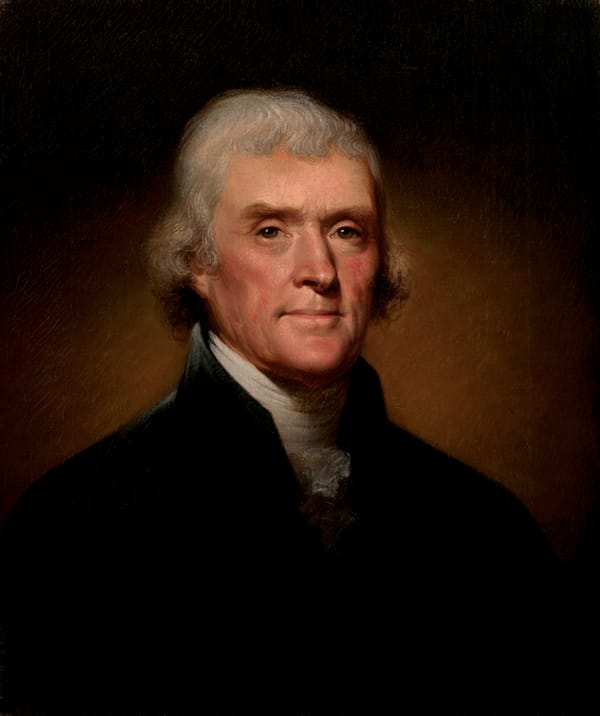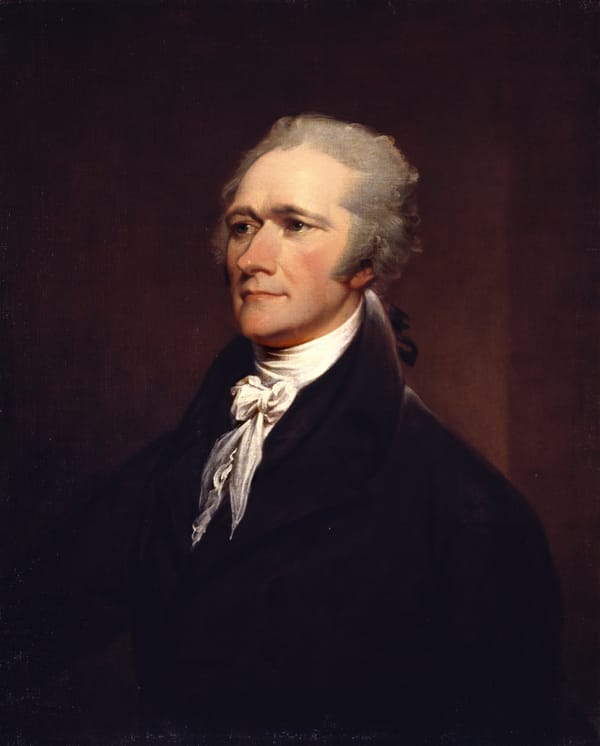On Auschwitz-at-Gitmo
Much is said of the danger to liberty from the Army program for deporting and detaining these citizens of Japanese extraction. But a judicial construction of the due process clause that will sustain this order is a far more subtle blow to liberty than the promulgation of the order itself. A military order, however unconstitutional, is not apt to last longer than the military emergency. Even during that period, a succeeding commander may revoke it all. But once a judicial opinion rationalizes such an order to show that it conforms to the Constitution, or rather rationalizes the Constitution to show that the Constitution sanctions such an order, the Court for all time has validated the principle of racial discrimination in criminal procedure and of transplanting American citizens. The principle then lies about like a loaded weapon, ready for the hand of any authority that can bring forward a plausible claim of an urgent need. Every repetition imbeds that principle more deeply in our law and thinking and expands it to new purposes. All who observe the work of courts are familiar with what Judge Cardozo described as "the tendency of a principle to expand itself to the limit of its logic." A military commander may overstep the bounds of constitutionality, and it is an incident. But if we review and approve, that passing incident becomes the doctrine of the Constitution. There it has a generative power of its own, and all that it creates will be in its own image. Nothing better illustrates this danger than does the Court's opinion in this case.
It argues that we are bound to uphold the conviction of Korematsu because we upheld one in Hirabayashi v. United States, when we sustained these orders insofar as they applied a curfew requirement to a citizen of Japanese ancestry. I think we should learn something from that experience.
In that case, we were urged to consider only the curfew feature, that being all that technically was involved, because it was the only count necessary to sustain Hirabayashi's conviction and sentence. We yielded, and the Chief Justice guarded the opinion as carefully as language will do. He said:
"Our investigation here does not go beyond the inquiry whether, in the light of all the relevant circumstances preceding and attending their promulgation, the challenged orders and statute afforded a reasonable basis for the action taken in imposing the curfew."
"We decide only the issue as we have defined it – we decide only that the curfew order, as applied, and at the time it was applied, was within the boundaries of the war power."
And again: "It is unnecessary to consider whether or to what extent such findings would support orders differing from the curfew order." However, in spite of our limiting words, we did validate a discrimination on the basis of ancestry for mild and temporary deprivation of liberty. Now the principle of racial discrimination is pushed from support of mild measures to very harsh ones, and from temporary deprivations to indeterminate ones. And the precedent which it is said requires us to do so is Hirabayashi. The Court is now saying that, in Hirabayashi, we did decide the very things we there said we were not deciding. Because we said that these citizens could be made to stay in their homes during the hours of dark, it is said we must require them to leave home entirely, and if that, we are told they may also be taken into custody for deportation, and, if that, it is argued, they may also be held for some undetermined time in detention camps. How far the principle of this case would be extended before plausible reasons would play out, I do not know.
Associate Justice Robert Jackson, dissenting from Korematsu v. United States (1944).

